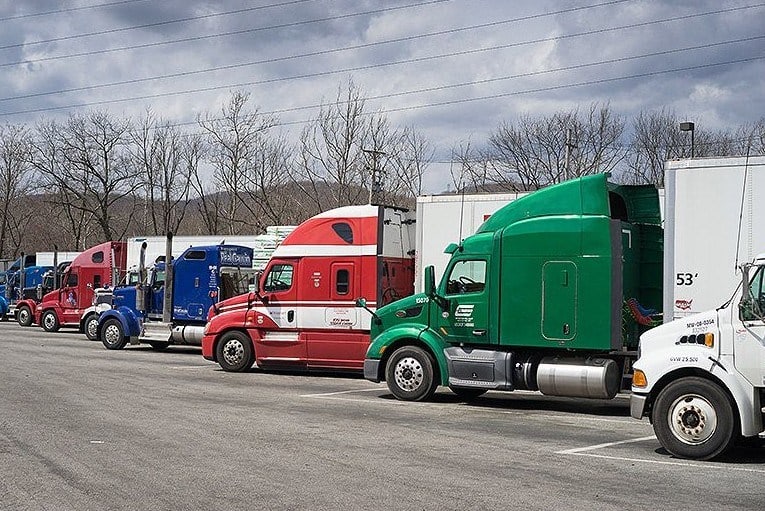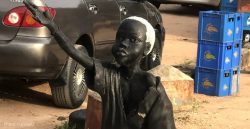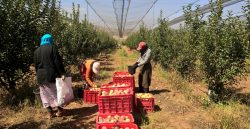Truckers are being trained to help combat trafficking in America. In service stations and rest stops, they are watching for the indicators. And what are their weapons? Well, one weapon is soap…
Authorities are hopeful that this effort will help stop slavery. Ohio Highway Patrol Captain, Mike Crispen, says, “People driving down the road see stuff all the time that the rest of us aren’t seeing.” Some of those things are likely trafficking related: the forced exploitation, either for sex or labor, of human beings.
Crispen is working with leaders in the trucking industry to put the brakes on this crime in Ohio. That state actually–since 2015–has required anyone applying for a commercial license to take the anti-trafficking training. So far, 289 trafficking cases have been reported in the state this year.
Truckers cover a lot of ground, sometimes traveling to places, and during times of night, that the rest of us don’t often see. According to Lyn Thompson, cofounder of the nonprofit educational organization Truckers Against Trafficking, “because of the nature of their jobs, their constant travel, their locations throughout the U.S., their observation skills, their service nature, and their history of helping people in trouble on the roadways…[truckers] are in a position to see trafficking taking place and be first-line responders.”
Truckers Against Trafficking has both a video and wallet cards that have the warning signs listed and the toll-free hotline. When truckers call in a tip, they are connected with appropriate police, and when victims call, they are connected with service providers. The National Trafficking Resource Center is 888-373-788. The cards give instructions on “actionable information” truckers can provide and list questions to ask a suspected victim, such as “Are you being paid?” and “Are you being watched?”
One organization, All We Want Is LOVE, distribute over 50,000 bars of soap with the hotline info. These materials go to truckers, taxis and buses and are put in rest stops and service plazas. It’s difficult to know the specific impact these actions are having—a trucker trained in Ohio could help a victim in Texas, for example—but those 50,000 bars of soap resulted in 10 trafficking investigations.
To read the entire article, click on the link below.







Freedom United is interested in hearing from our community and welcomes relevant, informed comments, advice, and insights that advance the conversation around our campaigns and advocacy. We value inclusivity and respect within our community. To be approved, your comments should be civil.